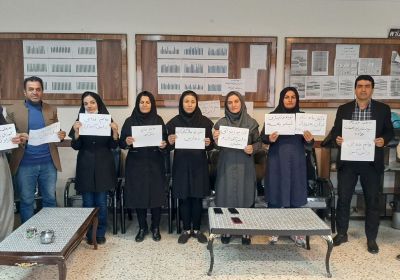
Iranian teachers staged a two-day strike on October 24, as anti-government sentiment continues to grow, reports Susan Price.

Iranian teachers staged a two-day strike on October 24, as anti-government sentiment continues to grow, reports Susan Price.
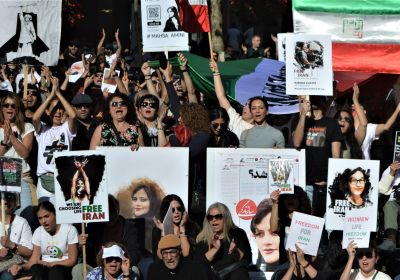
Marcel Cartier spoke to Communist Party of Iran leaders Marzieh Nazeri and Abbas Mansouran about the uprising that has been sweeping Iran for more than a month.
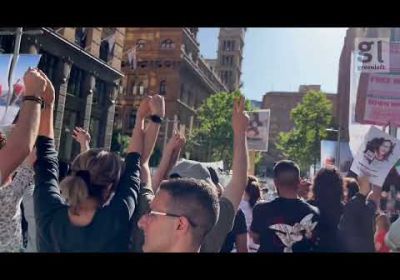
Hundreds at a rally in Martin Place were urged to keep organising solidarity actions with the feminist uprising in Iran that have now run for a month following the death in custody of Kurdish woman Jina/Zina Mahsa Amini. Peter Boyle reports.
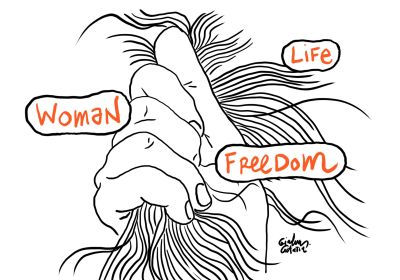
For the first time since the Islamic revolution, Iranians are united and are targeting the central pillars of the Islamic republic, including the concentration of power and authority in the hands of the ruling clergy, reports *Suzan Azadi.
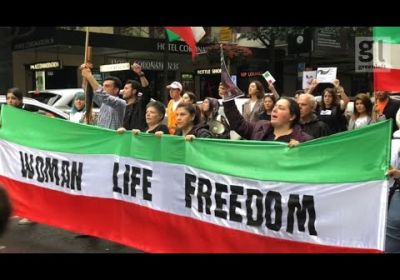
Thousands marched through the streets of Sydney on October 8 chanting "Women, life, freedom" in solidarity with the ongoing uprising in Iran sparked by the killing of Kurdish woman Jina Mahsa Amini, reports Peter Boyle.
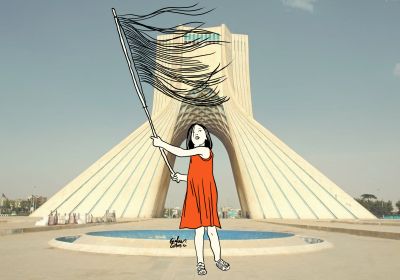
The uprising in Iran sparked by the murder of Mahsa (Jina) Amini continues to spread across the country and international support for the Iranian people's resistance to the regime is growing, reports Kerry Smith.

The uprising in Iran following the murder of Jina Mahsa Amini by the "morality police" has been going for 13 days. Dr Kamran Matin discusses the situation.
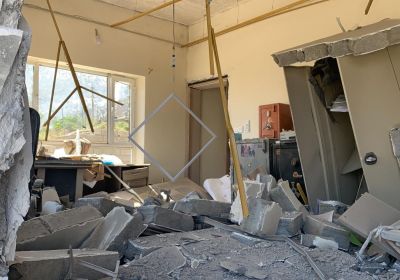
What began as a calm morning on on September 23 soon turned into a terrifying ordeal in the Kurdistan region of Iraq, when Iranian missiles rained down across the region, reports Marcel Cartier.
Nilüfer Koç discusses the country-wide protests against the torture and killing of Mahsa (Jina) Amini.
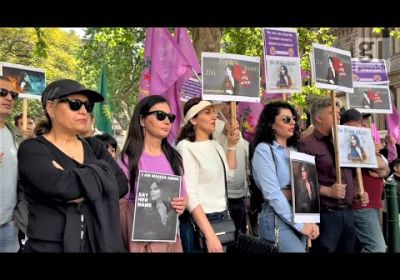
Progressive Kurdish and Iranian groups organised a successful demonstration to protest the killing of Kurdish woman Jina Mahsa Amini by Iran's notorious "morality police". Peter Boyle reports.
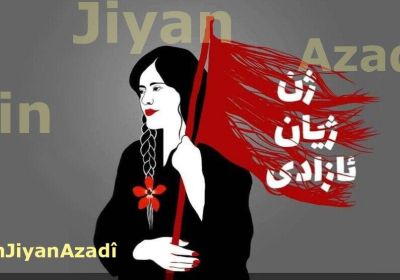
Protests have erupted across Iran after the Islamic fundamentalist state’s “morality police” arrested and tortured to death Mahsa Amina, a 22-year-old Kurdish woman, reports Peter Boyle.
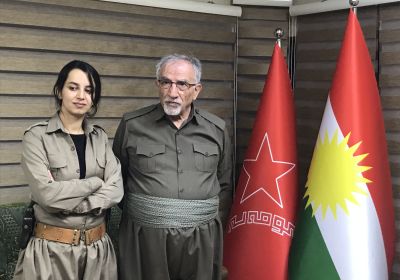
In Rojhelat, also known as Eastern Kurdistan, there has been a renewed push by Iran’s clerical regime to tie the Kurdish resistance to foreign powers, namely Israel, reports Marcel Cartier.